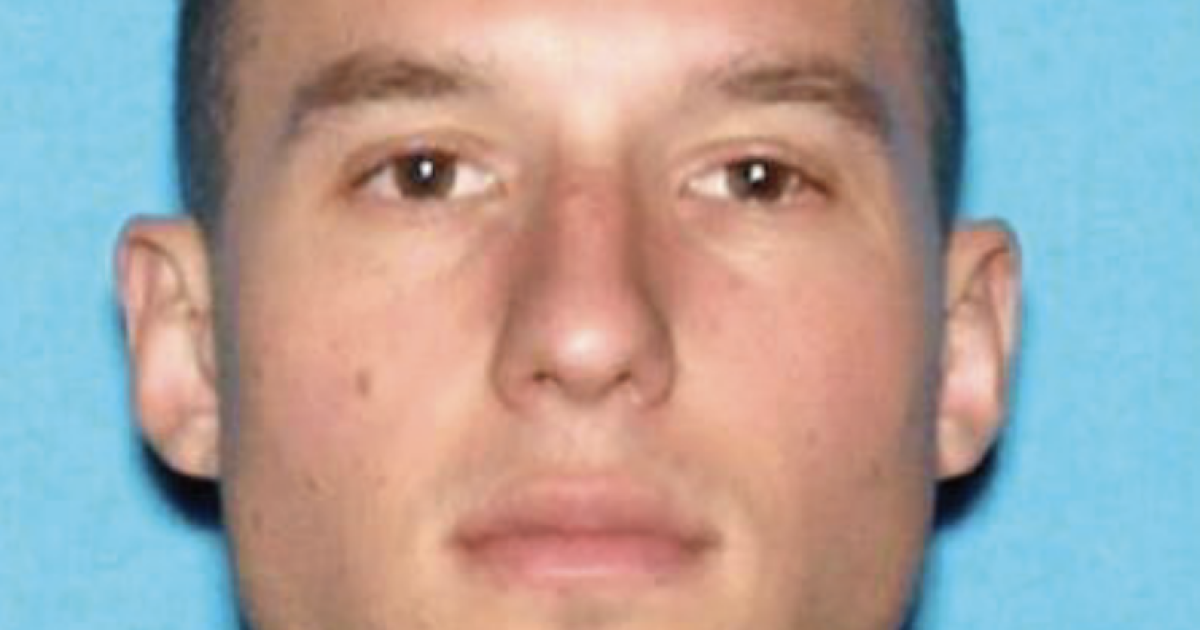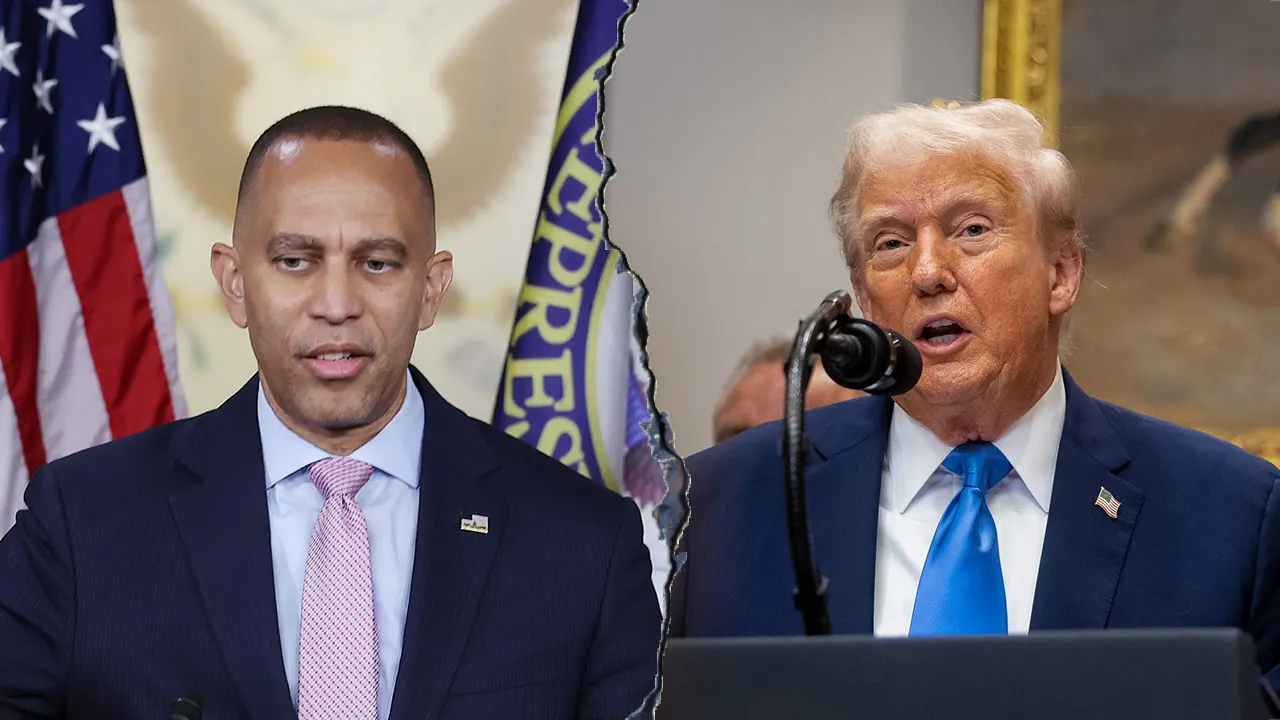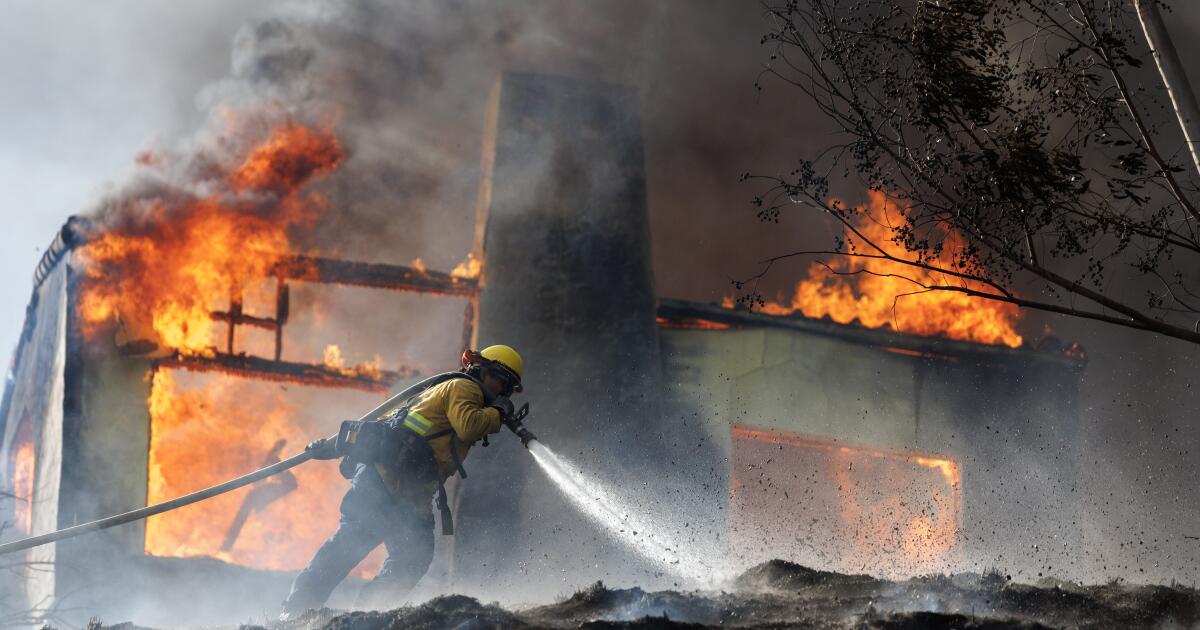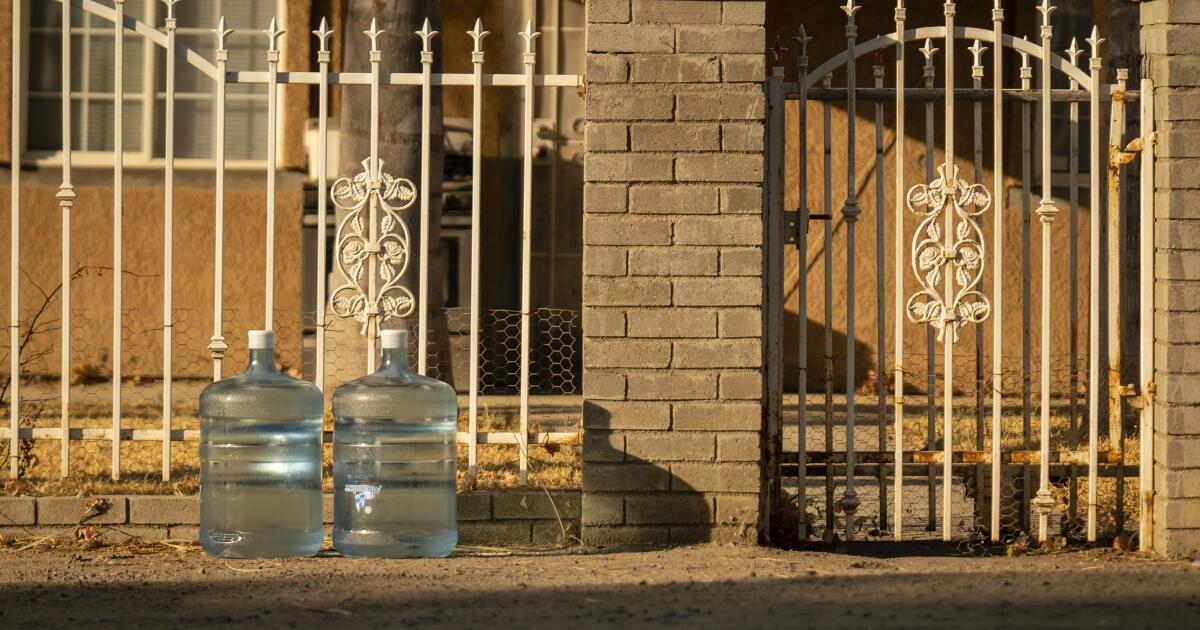Months after a federal appeals court revived charges against two alleged members of a white supremacist extremist group, one of the men agreed this week to plead guilty, potentially ending a case that has dragged on for nearly six years.
Robert Rundo agreed Wednesday to plead guilty to conspiracy to riot related to his role in the Rise Above Movement (RAM), a group accused of inciting fights at political rallies across the state, according to a federal court filing. Rundo had spent nearly a year on the run until he was extradited from Romania last year to face conspiracy and riot charges.
As part of the plea, the government has agreed to seek a maximum sentence of two years in prison. Rundo, 34, has already spent nearly two years in prison, according to the Federal Bureau of Prisons.
Robert Boman, another alleged member of the group, still faces possible prosecution, according to the U.S. attorney's office in Los Angeles.
A federal judge in Orange County at least twice dismissed charges against Rundo and Boman, at one point finding that the men were being selectively prosecuted while “far-left extremist groups, such as Antifa” were not. In July, the U.S. Court of Appeals for the Ninth Circuit rejected that conclusion.
Rundo's federal public defenders did not respond to a request for comment.
Stephen Yagman, who was set to represent Rundo if his case went to trial, accused the U.S. attorney’s office of bringing the case “just to get publicity.” Yagman said the government is essentially allowing Rundo to plead guilty to time he has already served in prison.
“Mr. Rundo is not, as is being said, a white supremacist. That is a complete lie,” Yagman added. “That is what the government is saying, and as is often the case, the government is twisting things.”
The U.S. attorney's office in Los Angeles did not immediately respond to a request for comment.
According to the plea agreement, between March 2017 and May 2018, Rundo and his co-conspirators participated in an organization known as “DIY Division,” which later changed its name to RAM. The group “represented itself as a fighting group for a new white supremacist and identity nationalist movement,” the agreement states.
As part of their membership, according to the plea agreement, Rundo and other members agreed to and did attend demonstrations “with the intent to provoke and engage in violent physical conflict.”
The government previously accused Rundo of being a founding member of the group, although Rundo did not admit that in his plea agreement.
The plea agreement outlined the preparation Rundo and others took, including hand-to-hand combat training sessions and others. The men posted photos of that preparation on social media, including statements like “When the squad[‘]“He’s not out there crushing communists” and “#rightwingdeathsquad.”
As part of the plea agreement, Rundo admitted to attending a protest in Huntington Beach on March 25, 2016, where he and others “chased and assaulted” people. Rundo also admitted to knocking down and punching a protester multiple times.
Rundo also admitted to attending two other protests, one in Berkeley on April 15, 2017, and another in San Bernardino on June 10, 2017, according to the agreement.
Rundo was originally charged and arrested in October 2018, along with two other alleged members, Boman and Tyler Laube of Redondo Beach.
Judge Cormac J. Carney first dismissed charges in the case in 2019, after Rundo’s attorneys argued that the Riot Act was “unconstitutionally overbroad.” The Ninth Circuit reinstated the charges in March 2021, finding that parts of the law were constitutional, and the case returned to Carney.
In January 2023, when the charges were reinstated, Rundo eluded authorities. FBI agents caught him after Romanian authorities located him in a Bucharest neighborhood, according to an arrest warrant. Rundo was extradited from Romania last year.
In a February decision, Carney — who has since retired — dismissed the charges against Rundo and Boman, agreeing that they were being selectively prosecuted.
By the time Carney dismissed the charges against Rundo and Boman, Laube had already pleaded guilty to a misdemeanor charge of repeatedly punching a reporter.
In April, Carney sentenced Laube to the sentence already served: the 35 days he had spent in pretrial detention.
Three months later, the appeals court reversed Carney's decision to dismiss the case against Rundo and Boman and ordered a new trial.
Rundo's change of plea hearing is scheduled for Sept. 13.












